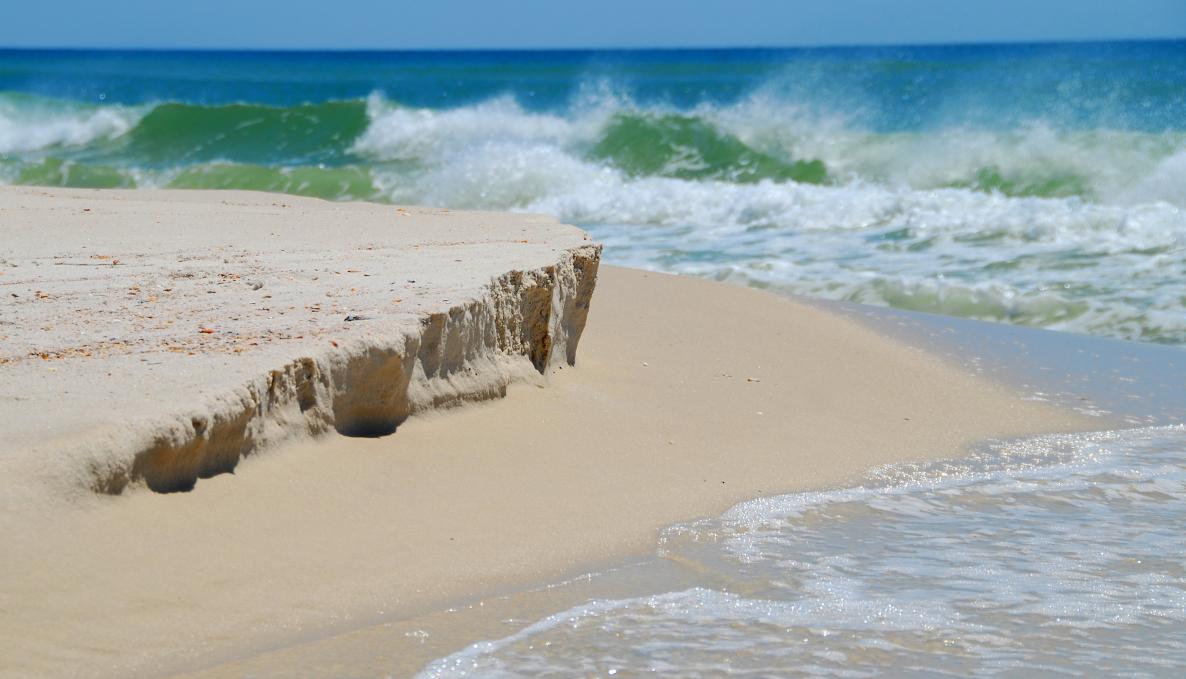Beaches to "AMMIRARE" against the effects of climate change on the sandy shores of the Tyrrhenian Sea: a project coordinated by the Sant'Anna School, with the Tuscany Region, for shared and "nature-based" solutions is at the starting line
Funding of more than 5 million euros in the Interreg Italy France Maritime (call 2023), involved 14 academic and territorial realities in the two nations

Protecting the Italian, and Tuscan in particular, stretch of the Tyrrhenian coast and its natural heritage is the main objective of the strategic project "AMMIRARE" (an acronym for "Actions and Methodologies for the Improvement of the Resilience of the Areniliums"), which by introducing "nature-based solutions" and the concept of "ecological beach," enables the development of a participatory management system of the sandy shores, capable of consolidating their tourist attractiveness by reconciling it with the preservation of natural environments.
"AMMIRARE" kicks off March 25, with the coordination of the Sant'Anna School of Pisa, through the Interdisciplinary Center for Sustainability and Climate, and the involvement of the Tuscany Region. The project, funded under the Interreg Italy France Maritime program (call 2023) with more than 5 million euros, involves 14 academic and territorial entities in addition to the Sant'Anna School and the Tuscany Region: the Liguria Region, Sardinia Region, Corsica Region (Office Environmental Corse), Office Français de la Biodiversité, Port-Cros National Park, Smiage Maralpin. Participating as scientific and technical italian partners: ISPRA, CNR, Gis Posidonie, Stazione Zoologica Anton Dohrn, University of Florence, University of Pisa, Lamma Toscana.
The increasingly disruptive effects of climate change are also tangible on the Tyrrhenian coast, which, thanks to the native species that inhabit it and the naturalistic landscape, represents a valuable resource for the coasts of Italy and France. The Sant'Anna School, together with the Tuscany Region, developed the project idea that combines the protection of the natural habitat with the dynamics of social and economic development, characterized by the presence of high tourist flows. The AMMIRARE project aims, in fact, to increase the resilience of the coastal ecosystem to cope with climate change risks such as erosion, extreme events and loss of native species while maintaining its competitiveness and attractiveness.
One of the intentions of the project is to introduce the concept of ecological beach, a model of coastal management participated by all categories of stakeholders who bring interests, to the coasts. Above all, the project involves the testing of "nature-based solutions" at five sites on the Tyrrhenian coast (among them Cecina, in the province of Livorno) as the main tools for mitigating the effects of climate change and improving coastal ecosystem functions.
Parallel to the experimentation of "nature-based solutions," a process of broad sharing in choices intended to improve activities on the coast will be developed: businesses in the tourist accommodation sector, beach managers and maintainers, trade associations, citizen representatives, and local institutions will be involved in raising awareness of climate change and its effects, but above all they will be called upon to share solutions to be adopted jointly to promote a more sustainable and resilient coastal ecosystem governance system.
All project results will feed into a computer platform developed by the University of Florence's Maritime Engineering Laboratory, based on artificial intelligence. The platform will enable institutions responsible for coastal management to understand the effects of applied solutions, with respect to the climate risk mitigation process.



